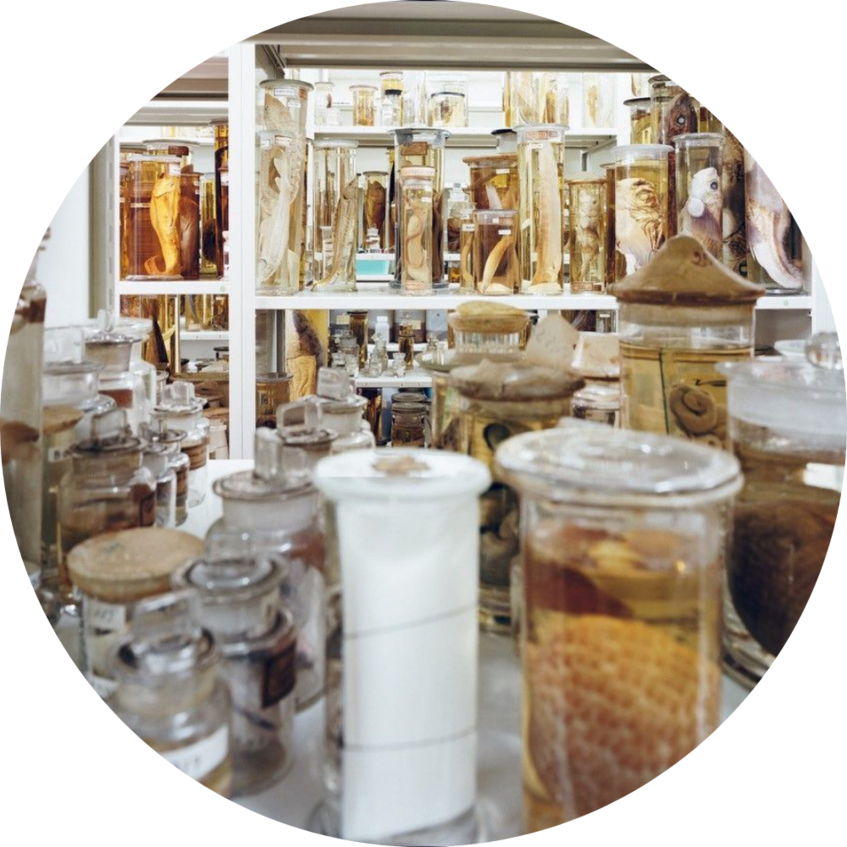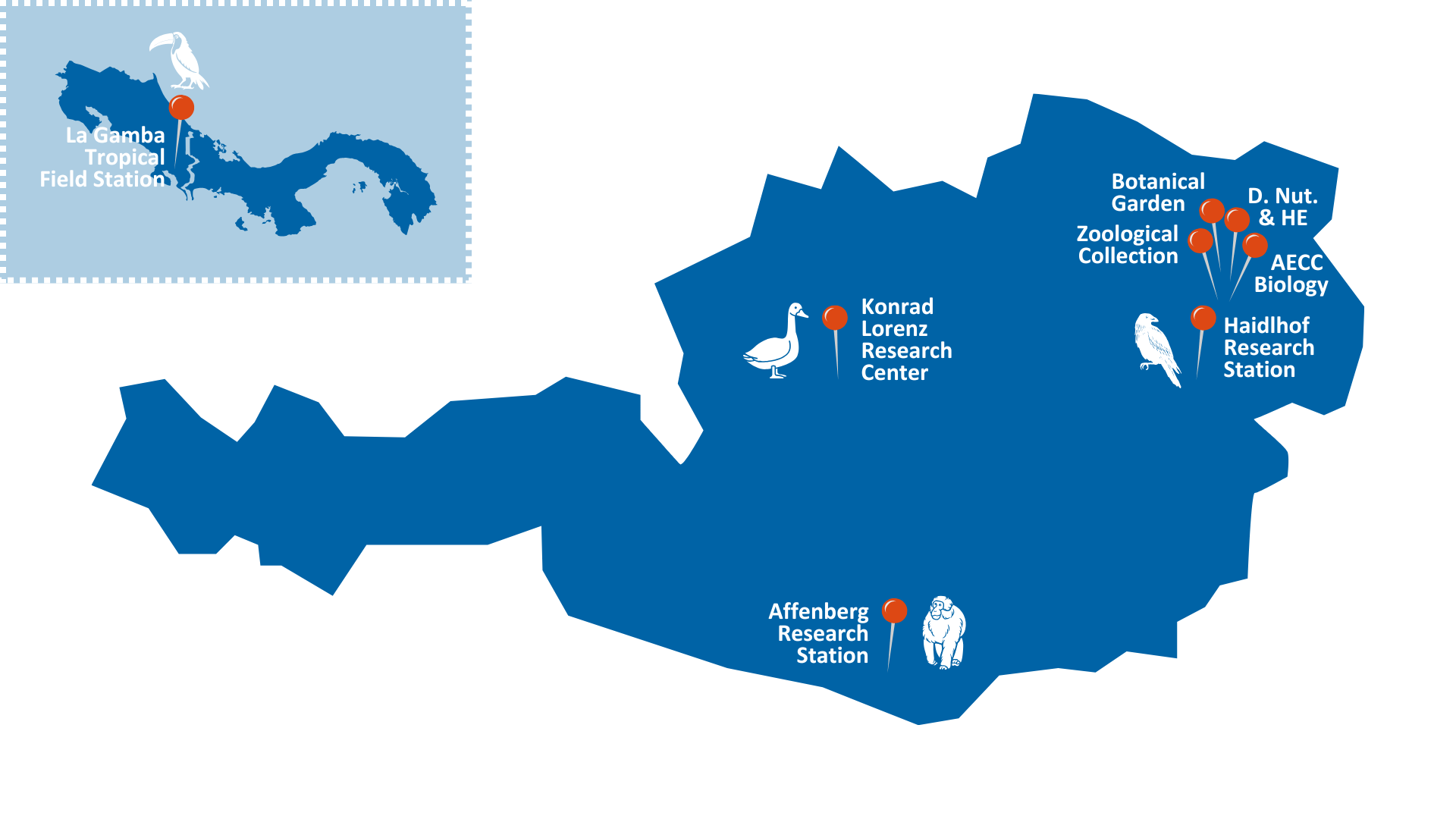Experience Science
at the Faculty of Life Sciences
At the Faculty of Life Sciences, science doesn't just stay in the lab. Through our outreach initiatives, we bring research to all members of the public across Austria and in La Gamba, Costa Rica. These programmes cover topics ranging from biodiversity to sustainability and make science accessible for all. Through interactive workshops, guided tours, public events and school programmes, we engage and inspire people of all ages and backgrounds, whether they are curious visitors, students or citizen scientists.
In 2024, these initiatives joined forces under the network "Experience Science" to strengthen collaboration, share knowledge, and increase their visibility. Together, we're making science something everyone can experience.
Get to know the initiatives:
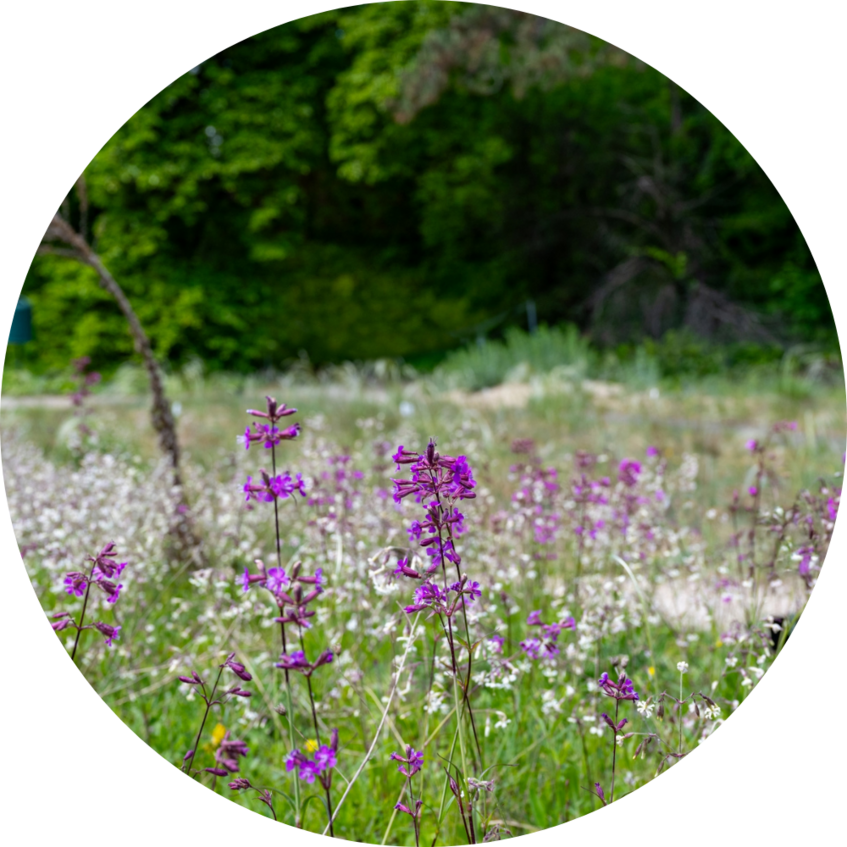
Botanical Garden & Green School
The University of Vienna's Botanical Garden is home to around 13,000 plant species, ranging from local flora to exotic and endangered species. The garden supports research and teaching, while also offering important habitats for local wildlife and providing the public with a peaceful space in which to explore nature.
The Green School is located within the Botanical Garden and offers educational programmes focusing on children and young people. Activities are tailored to different age groups and cover seasonal themes. Visitors can join themed tours and attend exhibitions and seasonal events throughout the year.
Konrad Lorenz Research Center (KLF)
The Konrad Lorenz Research Center (KLF), founded in 1973 by Konrad Lorenz and located in Grünau, Upper Austria, focuses on the study of animal behaviour from evolutionary, phylogenetic, mechanistic and developmental perspectives. Its research primarily involves observing individual animals in their natural habitats, with a particular focus on bird species.
The KLF offers regular tours, workshops and field trips, allowing individuals, groups and school classes to gain insight into ongoing research. The programme also includes continuing education courses for teachers and participation in Citizen Science projects, the Naturschauspiel programme, the Biologicum and Junior Biologicum Almtal and the KinderUni OÖ.
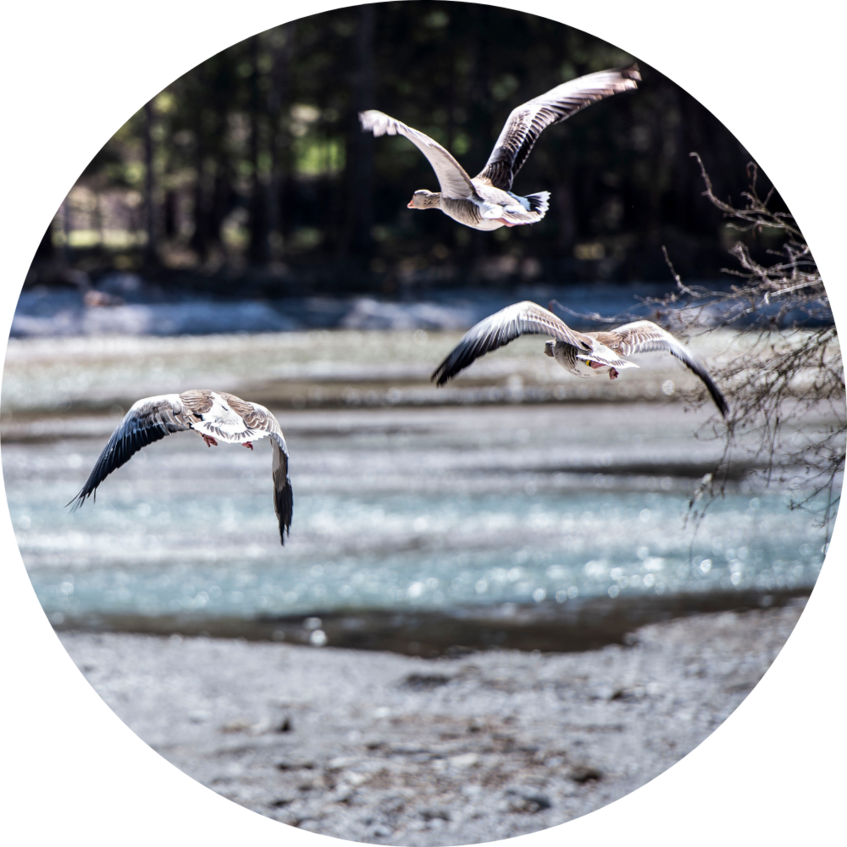
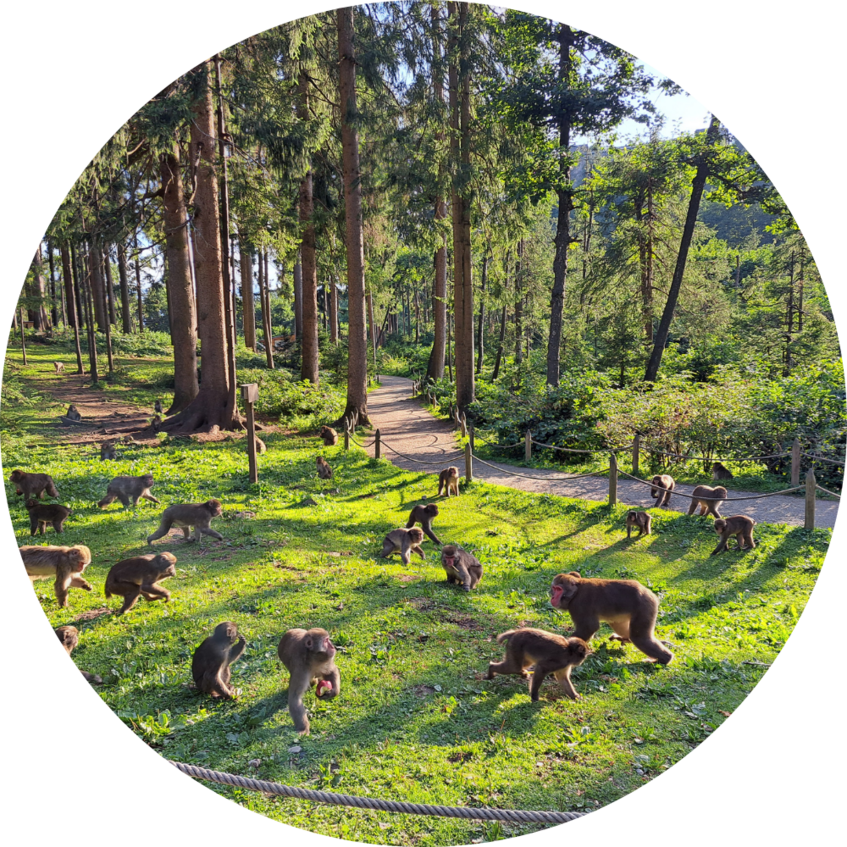
Affenberg Research Station
Located in Carinthia, the Affenberg Research Station (ARS) studies the social behavior of ~180 Japanese macaques living in a forested area designed to reflect their natural habitat. ARS serves as a valuable site where behavioural research, education, and science communication intersect.
Visitors can join guided tours at Affenberg to observe macaques and learn about their behavior. Through partnerships and projects like SMART MONKEY LAB, the ARS also offers innovative formats such as interactive events and citizen science initiatives.
La Gamba Tropical Field Station
The La Gamba Tropical Field Station, is a research, teaching, and training institution located on the edge of the Piedras Blancas Nationalpark, also known as Austrian rainforest in Costa Rica. Situated in one of Central America’s most biodiverse lowland rainforests, it provides ideal conditions for fieldwork, teaching, and training. The tropical field station makes a significant contribution to research into tropical rainforests, raises awareness of rainforest conservation and research.
The station welcomes scientists, students, school groups, and nature lovers for hands-on learning and research. Activities include guided tours, workshops, and university excursions allow participants to engage directly with the rainforest environment and ongoing research activities.
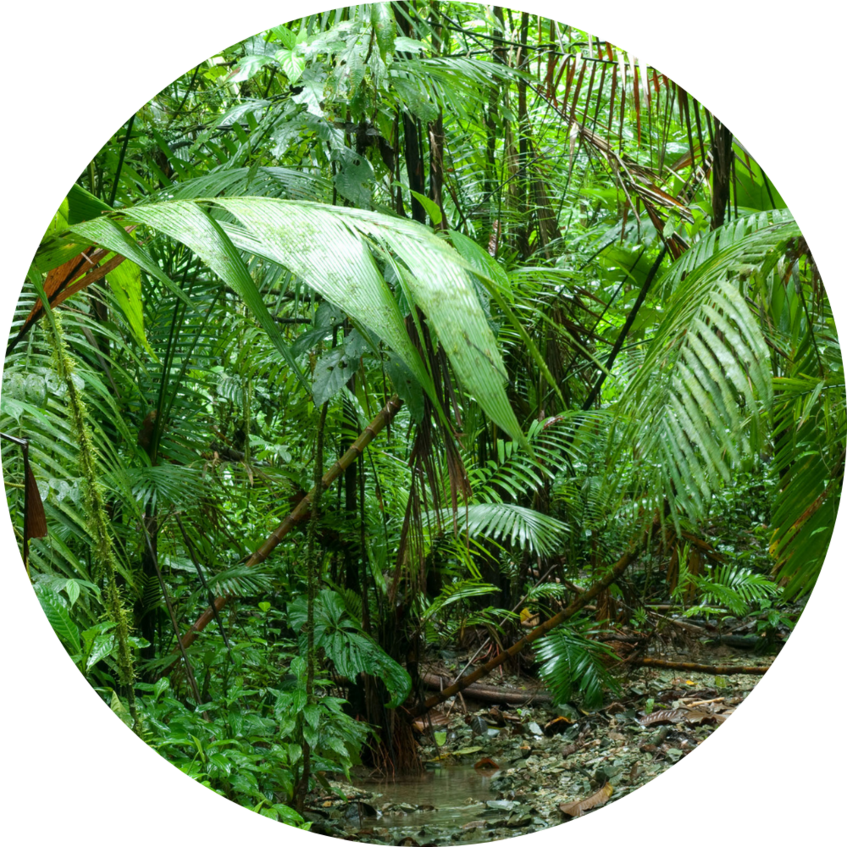
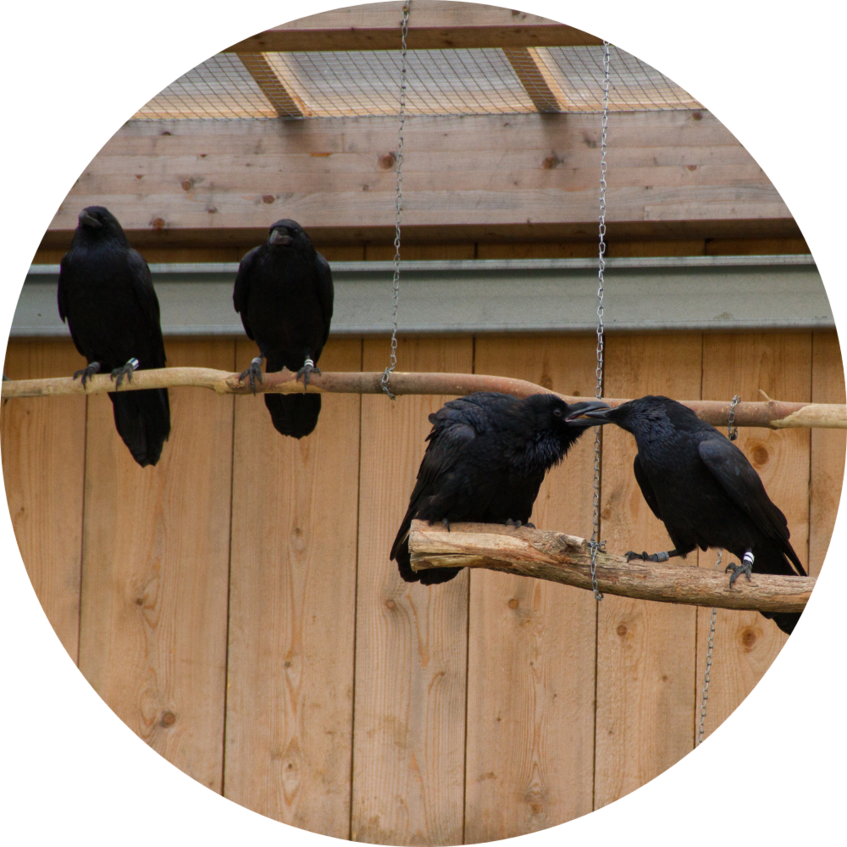
Haidlhof Research Station
The Haidlhof Research Station was founded in 2010 as a joint initiative of the University of Vienna and the University of Veterinary Medicine, Vienna. It serves as a research site for international scientists studying animal cognition, with a focus on birds such as keas, ravens, and crows. Research topics include behavior, communication, and bioacoustics.
The station offers guided field trips for school groups, tailored to different age levels. Visitors can take part in a monthly public tour that introduces the science of animal intelligence and behaviour, private tours are also available upon request.
Didactics of Nutrition and Home Economics
The Didactics of Nutrition and Home Economics research group focuses on teaching and learning in the interdisciplinary areas of nutrition, health, consumption, and sustainability. The work supports both teacher education for Austrian secondary schools and informal learning in nutrition and consumer education.
The programmes are aimed at researchers, students, teachers, mentors and pupils specialising in nutrition and consumer education. The group develops teaching materials and shares insights from ongoing research at teacher training courses and outreach events. From 2025, the new teaching and learning lab will be accessible to school classes and teachers.

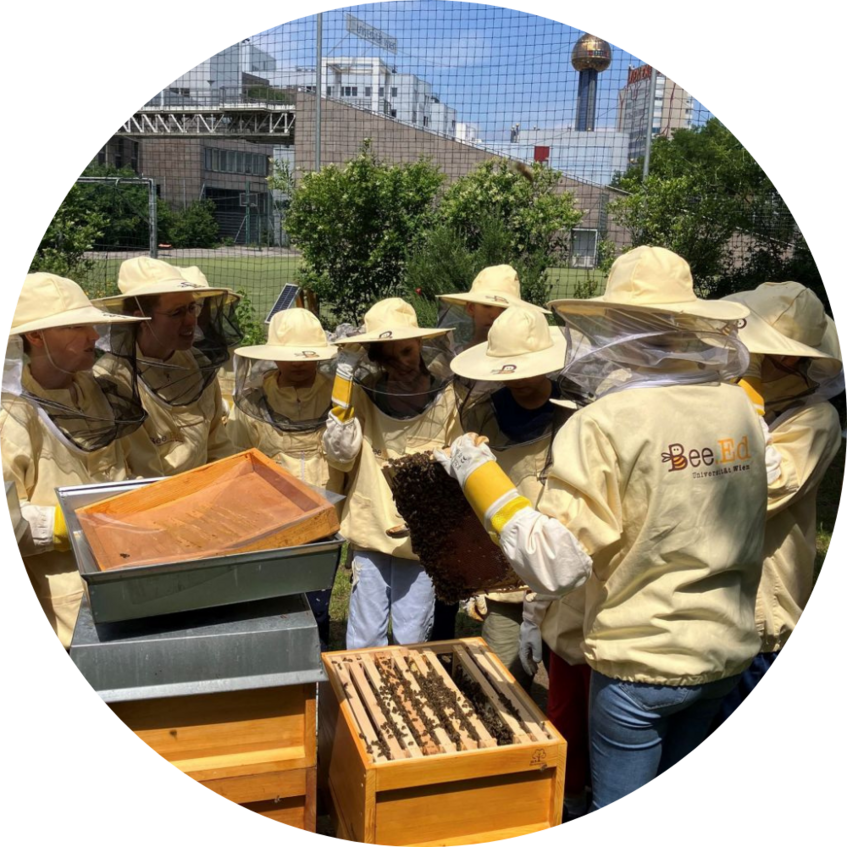
Austrian Educational Competence Centre Biology (AECC Biology)
The Austrian Educational Competence Centre Biology (AECC Biology) focuses on research into how biology and environmental education are taught and learned in schools. Through innovative and practice-oriented research, teaching, and development projects, the center contributes to the advancement of biology education in schools and other educational settings.
Educational programs are offered at the Bee Garden (Bee.Ed) and the Teaching-and-Learning Laboratory which support teacher training and research in biology didactics. The activities are aimed at kindergardens, school classes, teachers, and the general public focused on biodiversity, scientific methods, climate education, beekeeping and wild bee conservation.
Zoological Collection
The Zoological Collection at the Department of Evolutionary Biology serves as a central resource at the University of Vienna for the long-term preservation and study of zoological specimens. These physical specimens support interdisciplinary research and contribute to a deeper understanding of biodiversity across all levels.
The collection is also an integral part of teaching, providing hands-on learning opportunities for students and supporting the education of future scientists. Specimens are available upon request for scientific study, educational use, or exhibition purposes. Selected items from the collection are regularly featured online as "Object of the month".
